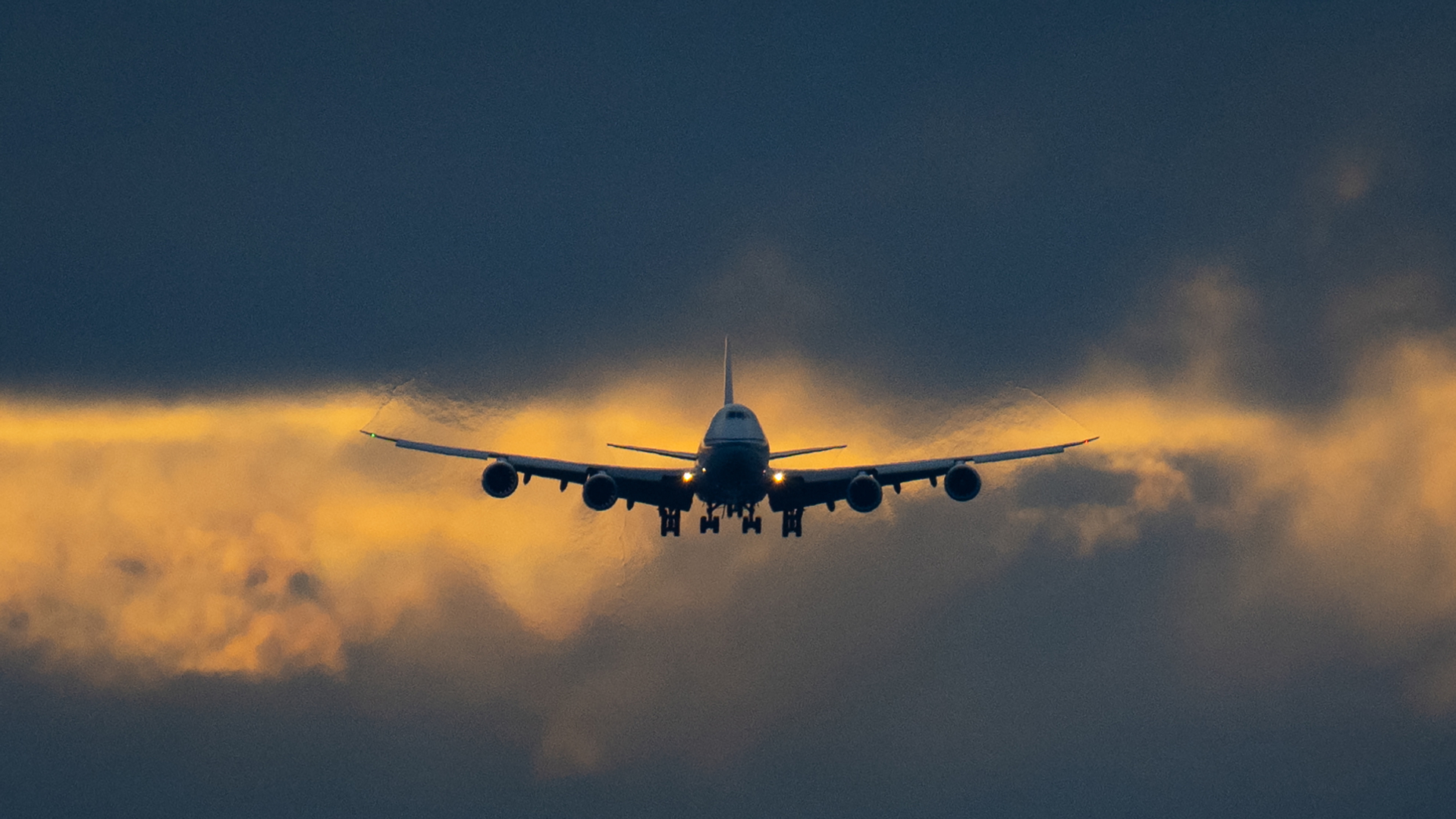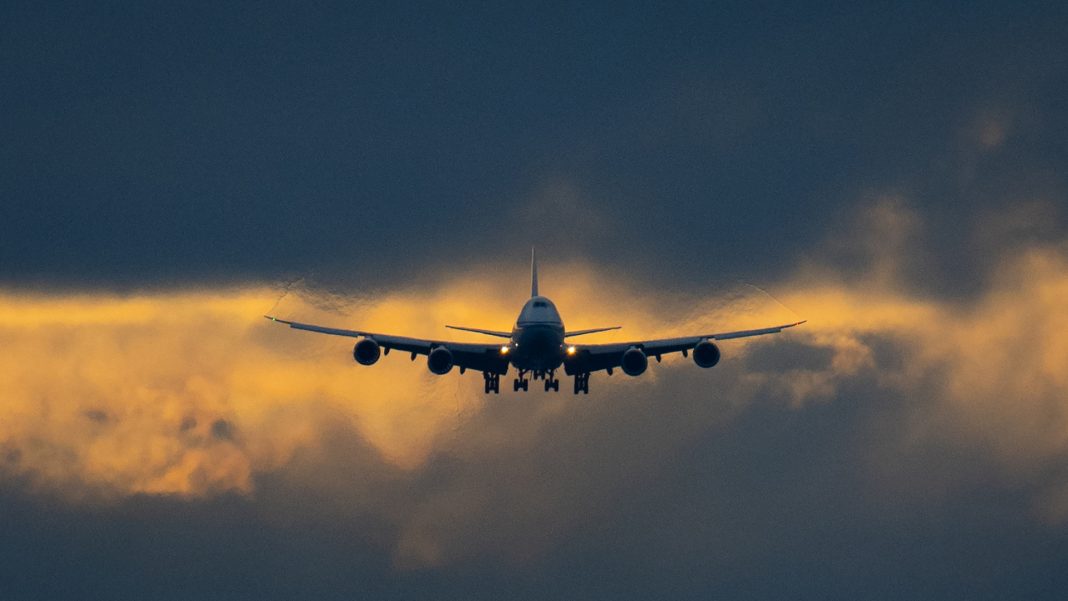 Boeing’s fortunes took a hit when a door panel ripped off an Alaskan Airlines flight on January 5. Just two more days without an incident would have allowed the company to avoid criminal prosecution by the Department of Justice (DOJ). However, the incident triggered investigations and renewed public scrutiny of Boeing’s previous 737 MAX 8 crashes. The financial fallout has been significant, with a $355 million loss and a nearly 50% drop in deliveries reported in the first quarter alone. The company is also facing plummeting stock values and canceled orders from multiple airlines.
Boeing’s fortunes took a hit when a door panel ripped off an Alaskan Airlines flight on January 5. Just two more days without an incident would have allowed the company to avoid criminal prosecution by the Department of Justice (DOJ). However, the incident triggered investigations and renewed public scrutiny of Boeing’s previous 737 MAX 8 crashes. The financial fallout has been significant, with a $355 million loss and a nearly 50% drop in deliveries reported in the first quarter alone. The company is also facing plummeting stock values and canceled orders from multiple airlines.
The DOJ alleged in a court filing on May 14 that Boeing violated its deferred prosecution agreement by failing to implement a compliance and ethics program to prevent and detect fraud violations. The crash victims’ families are set to meet with the DOJ on May 31, and the agency will announce its intentions with Boeing’s case by July 7.
To stay competitive with Airbus, Boeing released an upgraded version of its 737 jet, the 737 MAX, instead of designing a completely new plane. The MAX had larger engines installed farther forward on the wings, causing the nose to push up higher during takeoff. Boeing compensated for this with the Maneuvering Characteristics Augmentation System (MCAS), a flight control software that automatically lowers the nose to avoid midair stalling. However, Boeing failed to disclose the extent of the software to airlines and regulators, leading to confusion and delayed responses from pilots during the fatal crashes.
The DOJ charged Boeing with conspiracy to defraud the United States, specifically the FAA’s Aircraft Evaluation Group, on January 7, 2021. A deferred prosecution agreement was reached, requiring Boeing to accept responsibility for its actions and pay a total of $2.5 billion. Boeing also had to stay in compliance for three years and implement a compliance and ethics program.
The recent Alaskan Airlines incident raises questions about whether Boeing violated its deferred prosecution agreement. The DOJ has not explicitly linked the incident to the lack of a compliance and ethics program. The agency reserves the right to find Boeing in violation of other terms of the agreement until July 7. Possible consequences for Boeing include a massive fine, the appointment of an independent monitor, prosecution of individuals within the company, or another deferred prosecution agreement.
Boeing will likely argue that it has made changes to address concerns and may seek another probationary settlement agreement. If individuals at Boeing are found to have been intentionally fraudulent during the settlement agreement period, they could face criminal charges. The ultimate actions of the DOJ are uncertain, but it is expected to continue the prosecution of Boeing and set a public trial date.
Aviation experts note that this case is new territory for the United States. While fines and charges against Boeing are possible, charging individuals within the company could lead to Boeing cutting them loose. The government’s announcement will be awaited by crash victims’ families and their lawyers.


